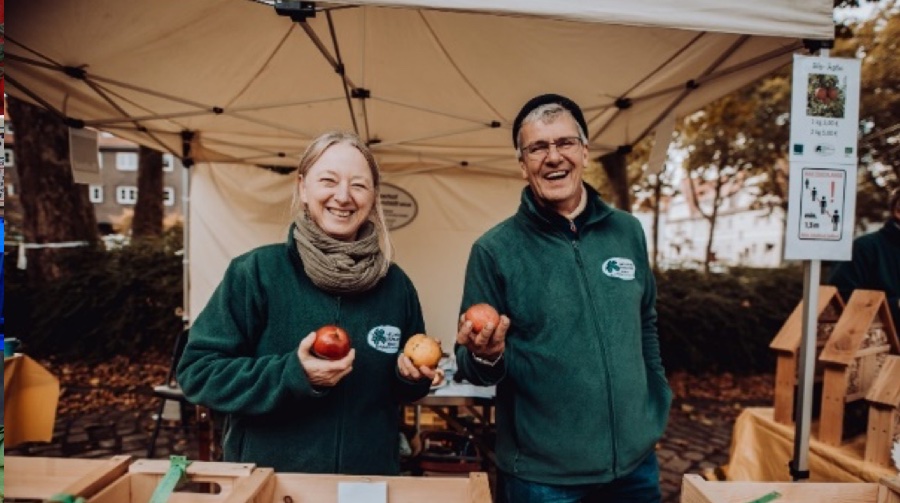On 23 March 2021, Bremen became the latest new Organic Cities member. We asked Mücella Demir, head of organic projects at the Department of Climate Protection, Environment, Mobility, Urban Development and Housing of Bremen City Council what motivated Bremen to join the European network.
BioStadt Bremen is the coordinating body that will implement the “Action Plan 2025” adopted by the Bremen Senate. The aim of both the action plan and BioStadt Bremen is to give all citizens equal access to healthy and organic food. Its specific objective is to achieve (almost) 100% organic public communal catering by 2025.
Why is Bremen an organic city?
Nutrition is becoming increasingly important both from a health perspective and in terms of the careful use of resources. The Action Plan 2025 will impact on this in two ways: Firstly, from a social and economic perspective, the costs of unhealthy nutrition on the health system are considerable. Further, s a result of changing lifestyles, the importance of eating out is increasing. A central social issue of our time is access to good food for all, regardless of social background, especially in schools and day-care centres. Additionally, boosting regional value chains, networking all those actively involved in the system and generating demand in the city for organically produced food means both economic growth and environmental sustainability.
Why did Bremen become part of the European network?
As the nationwide dialogue among the members of the BioStädte Netzwerk Deutschland has shown, an opportunity for dialogue, consultation and sharing of experience delivers immense added value to the individual municipalities. Therefore, the idea of a European network is obvious and is warmly welcomed by us.
BioStadt Bremen hopes that participation in Organic Cities Network Europe will lead to dialogue far beyond regional horizon, to inspirational input and ideas from other European municipalities, and also to further growth in the positive image of the organic cities movement throughout Europe. Maike Schaefer, Senator for Climate Protection, Environment, Mobility, Urban Development and Housing, said: “I am very pleased about this entry. In the future, Bremen will join Berlin, Munich and Hamburg, Vienna, Paris and Milan in promoting organic farming and increasing the demand for organic products from the region. Together, the organic cities want to make healthy and organic food possible for everyone!”
We welcome every additional organic city in the European or German network as a positive step forward towards a more sustainable and social food system. The goals set by organic cities all over the world are forward-looking and essential to ensure we keep our planet in a condition suitable for future generations to come.
For more information on BioStadt Bremen and its activities, visit the BioStadt Bremen website (in German only).

